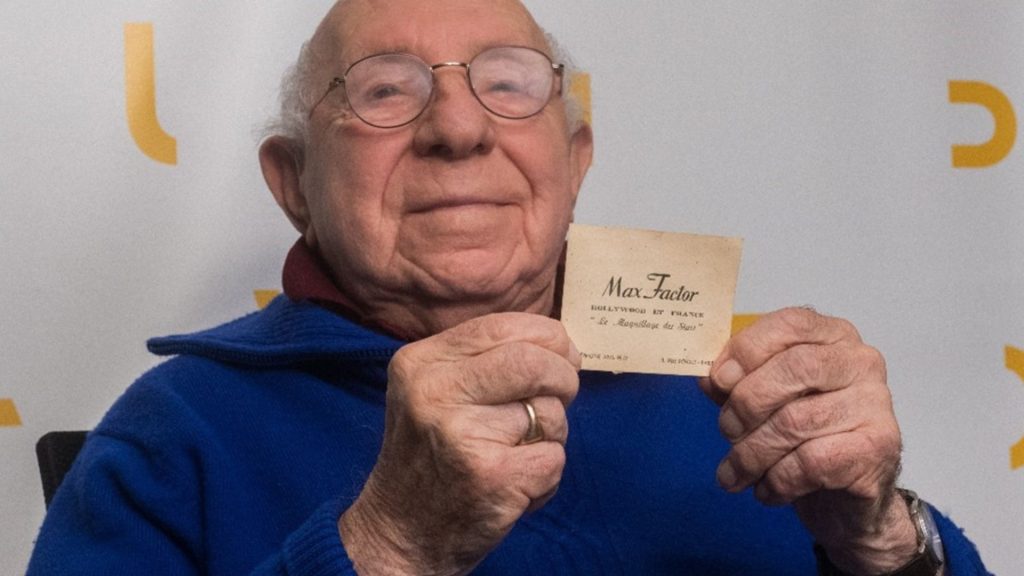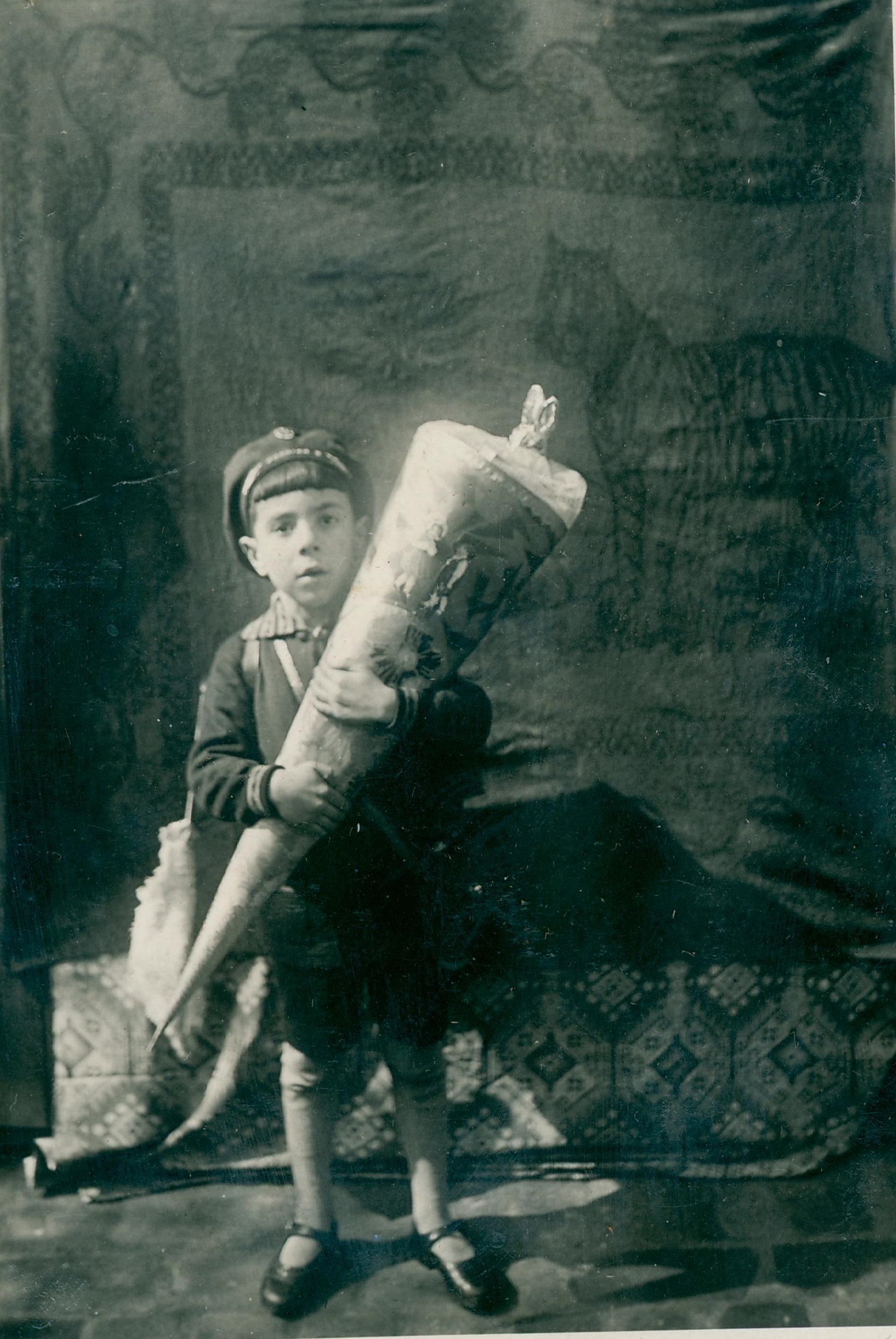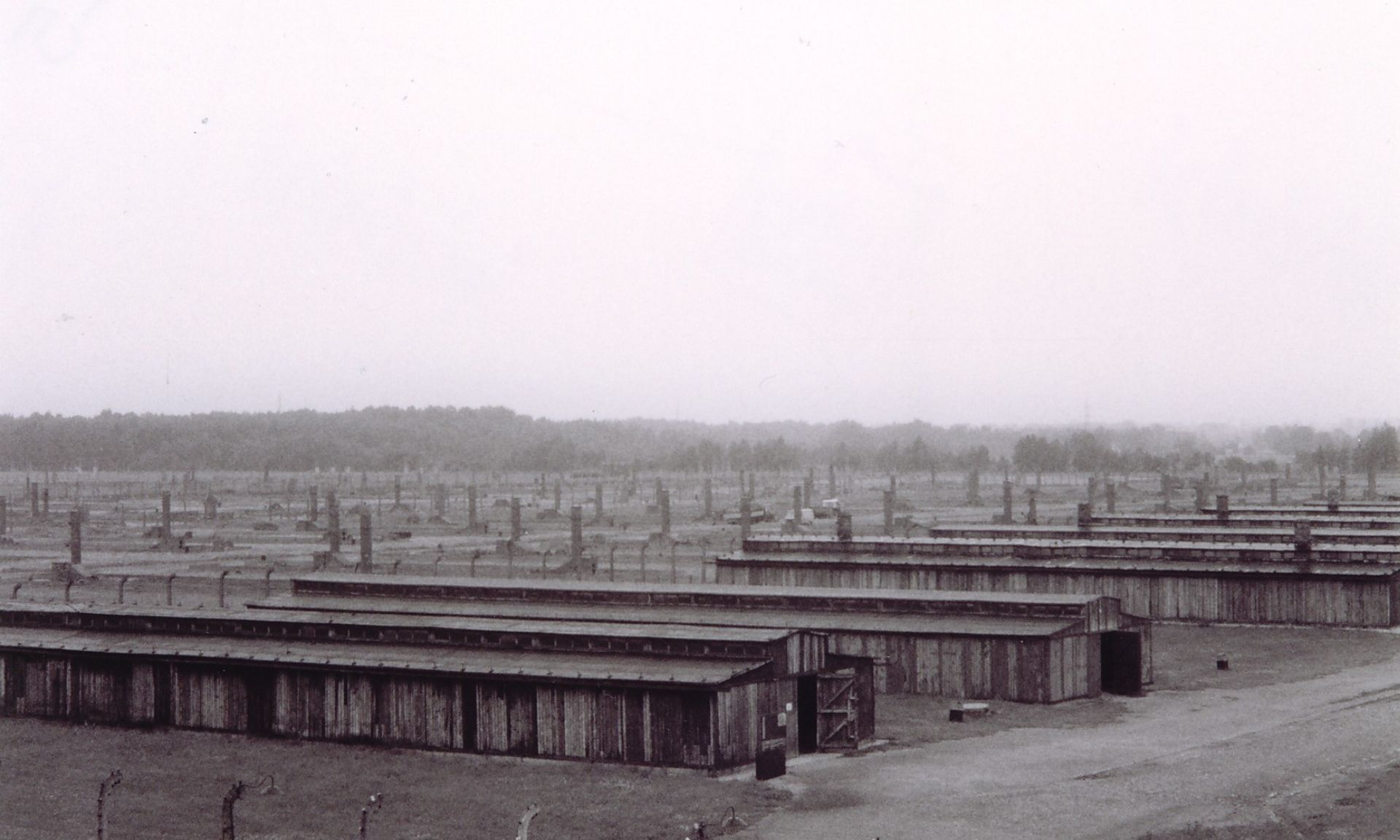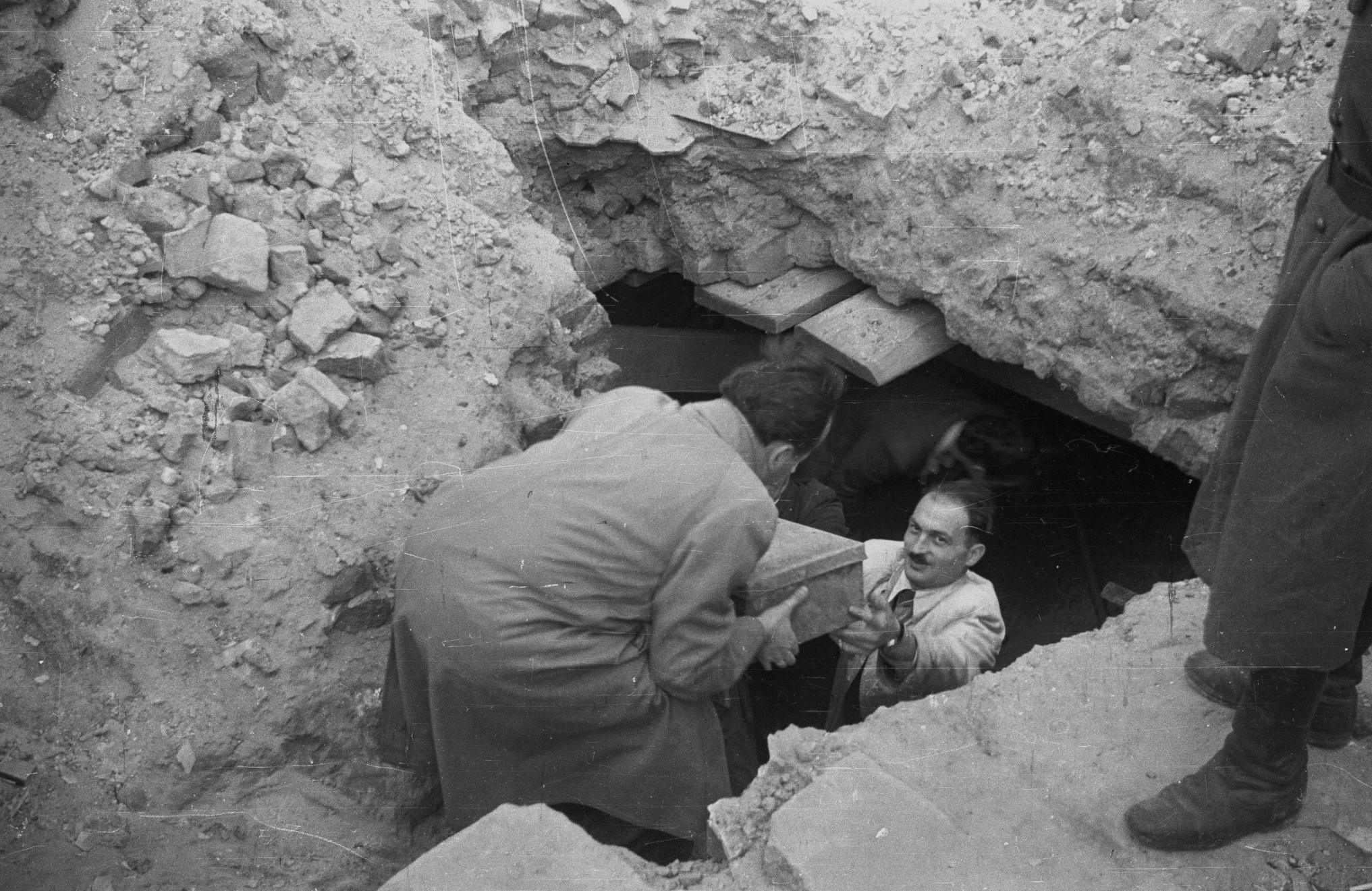
Maksymilian Faktorowicz (Max Factor) was born in Zdunska near Lodz, Poland in 1872. While working as a cosmetics expert within the Tsar’s palace in Russia in the early 20th century, Max witnessed the escalation of revolutionary sentiment fueling antisemitism among the population. Max was forced to flee. He obtained a visa and, at age 30, immigrated to America. He soon became a prominent figure in the Hollywood scene. Among his first clients were Charlie Chaplin and Buster Keaton.
A pioneer of cosmetics – including foundation creams, false eyelashes, and compact powder – Maksymilian Faktorowicz (Max Factor) became a household name in Hollywood when his business, Max Factor, was established in 1909. Though his vocation of “beautifying” the stars on the big screen is well known, what may be lesser known to the public, is the part he played in saving the lives of Jewish people living in Nazi Germany prior to the outbreak of World War Two.
Our new core exhibition, Everybody Had a Name, will explore Max Factor’s contribution to saving Jewish lives in the lead up to the war, and feature one of his historic business cards (1938), which his great, great nephew and Holocaust survivor Andy Factor OAM loaned to the museum for the permanent display.
The Factors flee Nazi Germany Andy Factor was born in Plauen, Germany in 1924. He was nine years old when the Nazis came to power in 1933.
When the antisemitic laws were introduced in Germany, he experienced isolation and humiliation. During this period of persecution, Andy was attacked by a German student at school one day and was forced to fight back. The next day, the German boy was given several strikes with a cane for being “beaten by a Jew,” indicating to Andy just how severe the situation had become in Germany.



